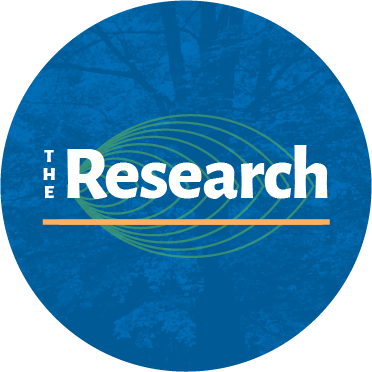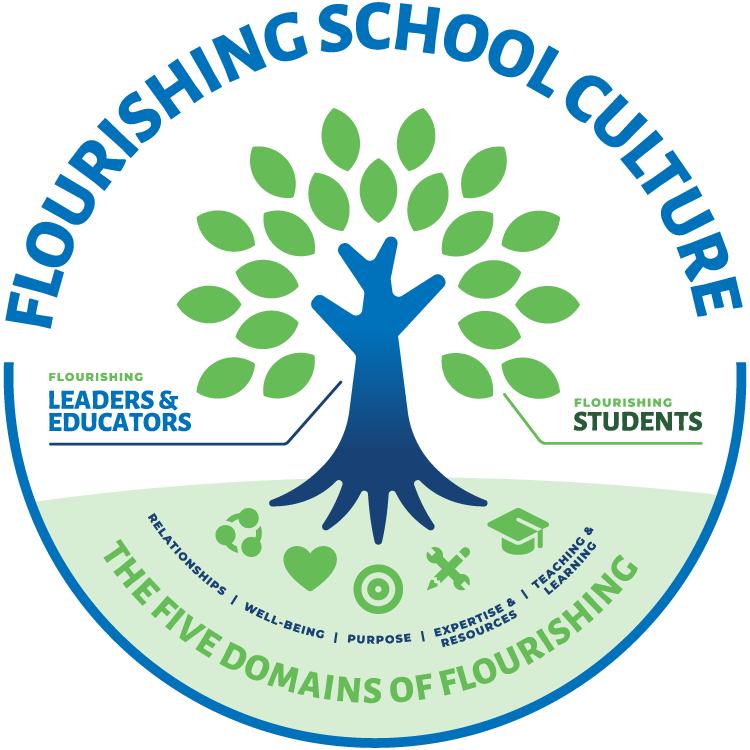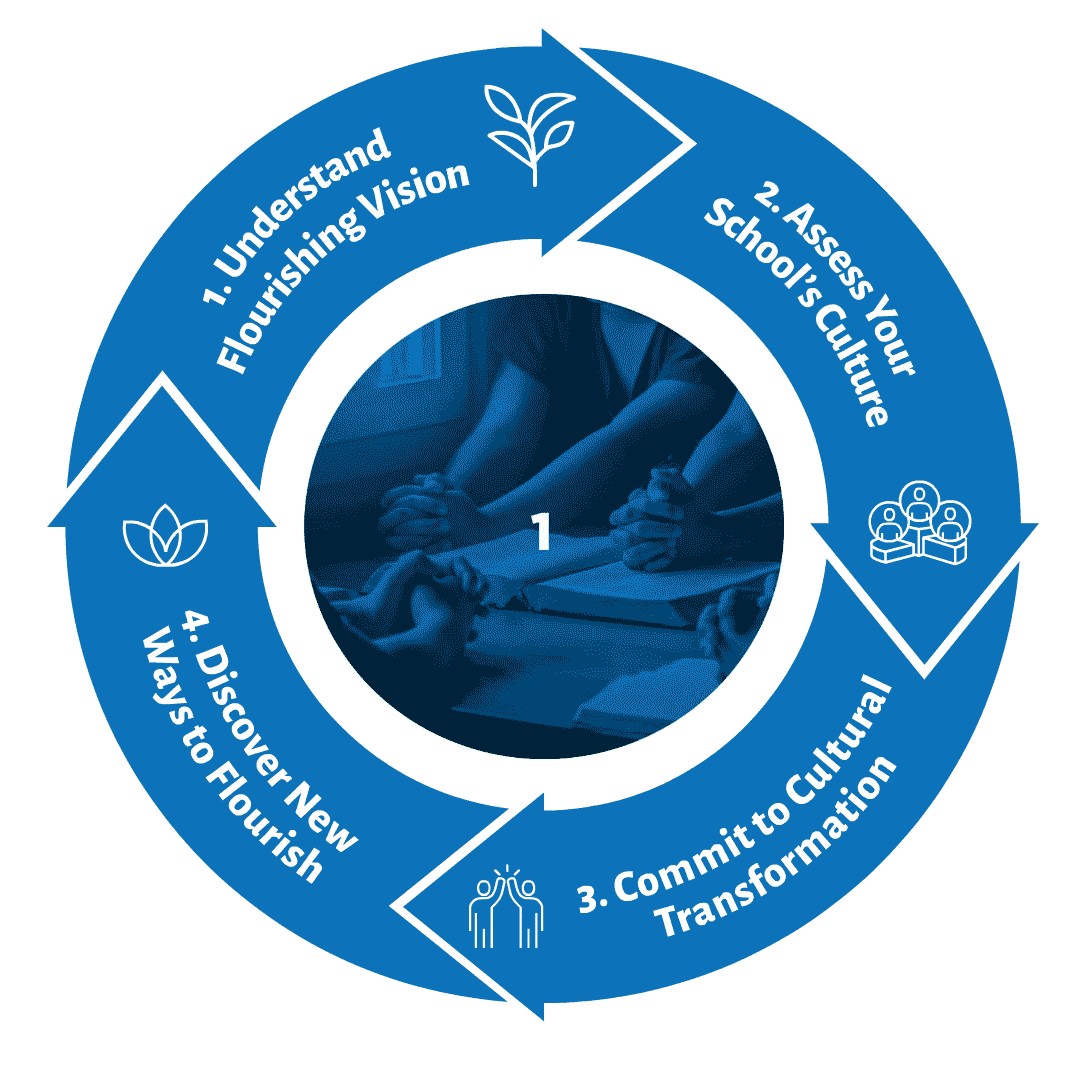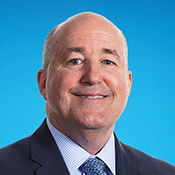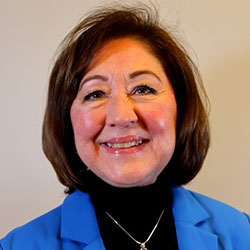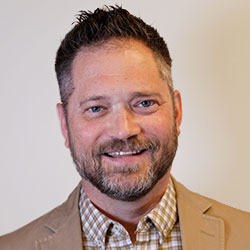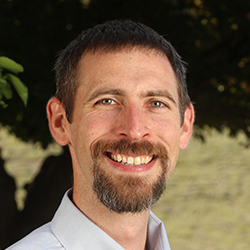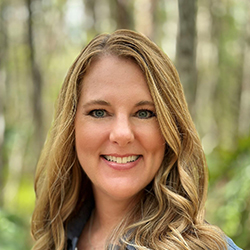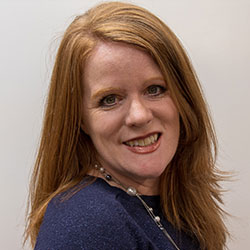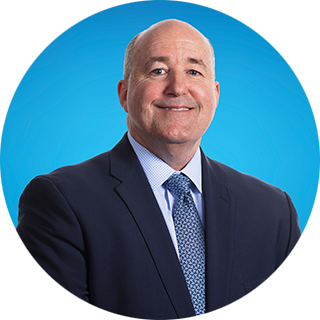Defining Well-Being
Well-being is an important domain for both student and educator flourishing. The FSCI identified three constructs related to well-being—one for teachers and leaders (Stress), and two for students (Healthy Living and Resilience). This domain and related constructs demonstrate that the well-being of educators and students is not a secondary concern—but an essential contributor to flourishing outcomes.
Well-Being FSCM Constructs
Stress – Constant feelings of stress and being overwhelmed accompany a lack of time to prepare for instruction (Teachers) or to focus on physical health (Leaders).
Healthy Living – Students are happy with their physical health, including sufficient exercise and a healthy diet.
Resilience – Students handle stress effectively and respond well to/bounce back from difficult situations.
Defining Purpose
A Christian perspective on education provides the telos, or purposeful aim, of Christian schooling. The FSCI identified a commitment on the part of all school constituencies to the central purposes of education as strongly connected with flourishing outcomes.
Purpose FSCM Constructs
Responsibility – Leaders, teachers, and support staff feel a sense of shared ownership for school mission, success, and improvement.
Holistic Teaching – Teaching involves helping students develop spiritually and emotionally (teaching the heart and soul, as well as the mind).
Integrated Worldview – Christian worldview changes how we educate; there is no such thing as a secular sphere.
God’s Story – Students believe they are a part of God’s bigger plan and can be used by him to “make a difference.”
Questioning – Students have doubts about their faith, lack time to pray or study the Bible, and feel that most Christians are too judgmental.
Partnership – Families feel they are a part of the school’s mission, and that their child’s spiritual development requires their partnering with and being involved at the school.
Spiritual Formation – Alumni report that their Christian faith is stronger thanks to attending a Christian school, and they believe people can change with God’s help.
Defining Relationships
Education is a relational enterprise by nature. For Christian schools in particular, relationships are important because of the incarnational nature of Christian faith, expressed through community and in discipleship (John 1:14, 1 Corinthians 12:12-27, Ephesians 4:16).
Relationship FSCM Constructs
Supportive Leadership – Principals are trusted, teachers feel that leaders “have our backs,” and leaders empower teachers and staff to make decisions.
Leadership Interdependence – Board members have diverse backgrounds, and are transparent about and rely on others to offset their weaknesses.
Family Relationships – Teachers “get to know” families, and frequent and systemic communication facilitates positive relationships.
Community Engagement – The school engages with the surrounding community and local churches, and regularly taps into community resources including networking and resource-sharing with other schools.
Mentoring Students – Staff point out talent in each student, help students see how they fit in God’s bigger plan, and are aware of students’ struggles at school or home.
Insular Culture – The school shields students from the world’s brokenness, the school is independent from the surrounding community, and/or the student body lacks diversity.
Christlike Teachers – Teachers show Christlike love, kindness, and care to students. Families feel students are cared about individually, including their spiritual development.
Prosocial Orientation – Students not only enjoy helping others, but also are known by others (e.g., peers) for showing love and care.
Caring Environment – From the perspective of school graduates, teachers were kind, students felt included in class, and students were protected from bullying.
Defining Expertise & Resources
While a sense of purpose is essential for Christian school leaders and teachers, their ability to fulfill that purpose is necessarily dependent upon their expertise as educators. FCSI research shows that flourishing is connected to excellence in educational and school management practices.
Expertise & Resources FSCM Constructs
Qualified Staff – New teacher hires are credentialed (licensed/certified) and have classroom experience.
Responsiveness to Special Needs – Teaching staff works together to serve students with special needs, aided by processes and resources for identifying and responding to those needs.
Resources – Materials and resources for teaching, including technology, are sufficient, and the school building is in good physical condition.
Resource Planning – A strategic financial plan and master facilities plan is in place, and financial planning is a strength of the board.
Resource Constraints – The school has financial resources to operate effectively; or, we could be more effective as a school if not for fiscal constraints, and we lack the resources we need to make changes in our school.
Defining Teaching & Learning
Schools are of course known as sites of learning for students. But if school cultures are to flourish, schools and educators themselves must also engage in learning. In fact, a school culture in which educators are committed to ongoing learning and improvement is linked to flourishing not only for the school and educators, but also for students.
Learning & Learning FSCM Constructs
Feedback – Feedback on teaching practice and classroom management is given regularly to facilitate adjustments in real-time.
Collaboration – Learning from and with other teachers drives and inspires better teaching.
Systems Thinking – When planning for change, the potential impact on the school, the classroom, students, and the overall system are considered.
Data-Driven Improvement – Data is used to gauge school results and effectiveness, determine goal attainment, and address problems the school faces.
Professional Development – PD is provided on-site and is subject- and role-specific.
Outcomes Focus – Process doesn’t matter if it isn’t producing results, and change is distracting if it doesn’t lead to increases in student achievement.
Culture of Improvement – Guided by school leadership and focused on the future, the school is continually improving/makes necessary changes to improve.
Individualized Instruction – Students are helped to figure out how they learn best and to identify their natural strengths.
Best Practice Orientation – Keeping up with best practices is prioritized and resources for doing so can be identified.
Engaged Learning – Students engage in activities that nurture critical thinking, evaluating information, and problem solving.
Behaviors for Learning – The classroom is orderly and well-managed, and teachers are organized and consistent in supporting student behaviors that contribute to learning.

